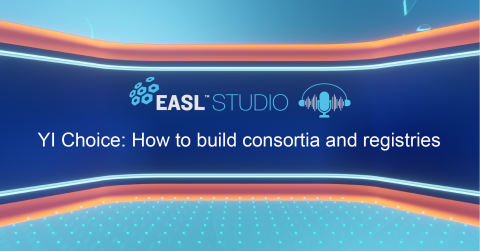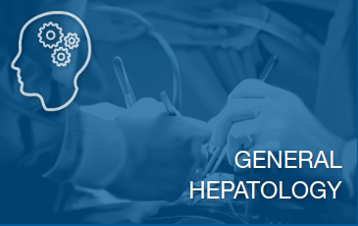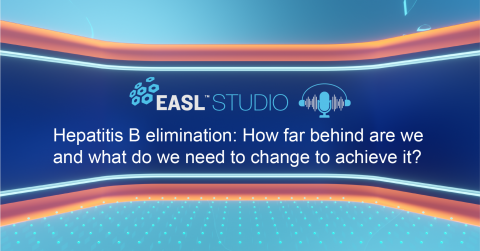Description
Watch this EASL Studio to find out:
- Which policies for prioritisation exist within a deceased donor liver allocation system?
- What is the impact of novel cancer therapies on the selection of patients with prior cancer?
Faculty
- Prof. Sherrie Bhoori (Moderator)
- Prof. Pål-Dag Line (Faculty)
- Prof. Vincenzo Mazzaferro (Faculty)
- Prof. Gonzalo Sapisochin (Faculty)
ℹ️ Please click here to access the podcast version of this EASL Studio episode.



